World looks at Bangladesh for free, fair elections
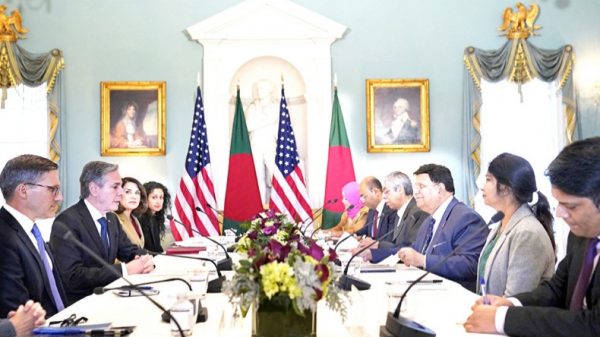
THE much-awaited Momen-Blinken meeting was held at the US state department on April 10 without any dramatic outcome. The formal meeting with both delegations present had been held for an hour. Everything that transpired in it has made to the news and media. Video clips of the formal meeting have even appeared on YouTube for all and sundry to watch.
The two foreign ministers also held one-on-one discussions without their respective delegations before the formal meeting. The contents of the informal discussion have, nevertheless, not come out in much detail although the Bangladesh foreign minister revealed some of it while he spoke to journalists of Bangladeshi television channels and newspapers after the meeting. Blinken did not come before the media.
Blinken welcomed Momen to the formal discussions without any fanfare. His points were straightforward and curt. He expressed warmth for the way Bangladesh has handled the one million Rohingya refugees, praising Bangladesh for ‘remarkable generosity.’ On bilateral ties, he underlined that relations have grown ‘tremendously’ over the past 50 years but placed the emphasis for such growth, particularly, in recent times, ‘on everything from climate to health’” upon ‘our people to people’ ties.
Blinken was careful in separating the government from people in praising Bangladesh. Momen and his delegation were, therefore, disappointed that Blinken did not mention the tremendous economic growth in Bangladesh and that Bangladesh has become ‘a role model for economic development’ that would have given credit to the Awami League-led regime. There was, of course, no reason for Blinken to state anything to give any credit to the government in Bangladesh.
It was incredible that Momen was sent to Washington on such an important visit while at home, the United States government in general and the US state department, in particular, was criticised and humiliated in Bangladesh’s national parliament and its mainstream media by leaders of the Awami League-led government. It, therefore, did not need a crystal ball to suggest that the outcome of the visit would not be to the liking of the Awami League-led government.
Momen’s visit was craftily set up by the US state department with a well-thought-out plan that began in December 2021. The plan began when the United States excluded Bangladesh from president Joe Biden’s 110-nation Democracy Summit in December 2021, pushing Bangladesh into the ranks of North Korea, Myanmar, and a few other pariah states. Simultaneously, the United States also sanctioned the Rapid Action Battalion and senior battalion/police officials for serious human rights violations. The United States also excluded Bangladesh from the Second Democracy Summit held in March.
The United States also sent several high-level delegations in 2022 to Dhaka under the plan with the one headed by Donald Lu, assistant secretary in the state department’s South Asia Bureau, being the most significant. Ambassador Peter Haas who arrived in Dhaka in March 2022 has been speaking continuously in Bangladesh’s public domain on democracy and human rights, zeroing in on the need to hold Bangladesh’s next general election in a free and fair manner, where all parties would participate and where civil society and the media would be free.
Blinken invited Momen to Washington to compare notes with him about the direction the Awami League-led government is proceeding in the context of its plan set in December 2021 in which human rights, democracy and free and fair elections are indispensable. He, thus, concluded his written opening remarks in the formal meeting reminding Momen that it is not just the United States but the world that is looking at Bangladesh to ‘set a strong example for free and fair elections for the region and the world.’
Momen promised Blinken that Bangladesh would hold a ‘model’ election. He raised the Election Commission of Bangladesh to lofty heights, stressing its independence and powers to deliver the ‘model election.’ He, nevertheless, did not explain anything about the ‘model election.’ The idea of the ‘model election’, therefore, neither encouraged Blinken nor anyone on the US side to consider it with any seriousness.
The stars also were certainly not inclined in Momen’s favour to undertake this visit. The very damaging DW documentary on the Rapid Action Battalion was aired just before his visit. The battalion became involved in forcibly taking into custody a female government employee in Rajshahi who later died in its custody. Therefore, Momen did not even have the opportunity of asking the existing sanctions on the battion to be withdrawn. His body language with the Bangladesh media after his meeting with Blinken said it all.
While Momen was in Washington, the prime minister stated in parliament that ‘the US can overturn the power of any nation if it wants.’ She also accused the United States of seeking regime change in Bangladesh. These statements underlined signs that the ruling party in Bangladesh was apprehensive and perhaps even convinced that a change of regime in Bangladesh was in the offing. Momen, therefore, could have salvaged some good news for the regime if only he had supernatural powers.
The decision of the Election Commission against the electronic voting machines for the next election was one major sign that the regime is on the back foot. The prime minister’s apprehensions about the power of the United States for a regime change and intention to do so in Bangladesh have enhanced concern in the ruling party about its future. Momen’s visit has further intensified these apprehensions and concerns.
Momen’s visit has, thus, diminished the chances of the Awami League-led regime to return to power for a fourth consecutive term through another controversial election like those it held in 2014 and 2018. The visit is also likely to end speculations in some quarters, mainly in the Awami League circles, that the United States with India would find some ways for the Awami League to stay in power by luring it to the Indo-Pacific Strategy. Significantly, the IPS did not figure in the Blinken-Momen talks that were almost all on Bangladesh’s next general election.
Vedant Patel, the state department’s principal deputy spokesperson, said something significant at the department’s press briefing after the Blinken-Momen talks. While responding to a Bangladeshi journalist about the US stand on the BNP’s demand for a caretaker government, he stated that the United States will not endorse one political party against another in Bangladesh. It will support Bangladesh and around the world the principle of free and fair elections.
The apparent firm and uncompromising commitment of the United States to the principle of a free and fair general election in Bangladesh in 2024 and Momen’s vague promise for a ‘model’ election has created a ray of hope in Bangladesh for a free and fair election in 2024. The United States has pushed the ball into the Awami League’s court without giving the latter much room to manoeuvre.
M Serajul Islam is a former career ambassador.


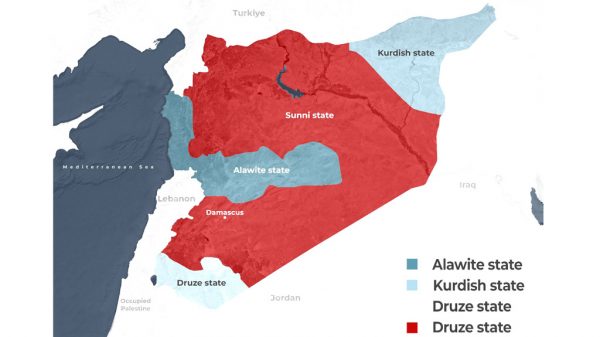
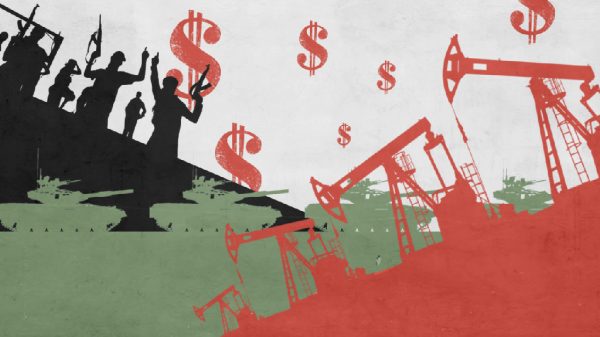

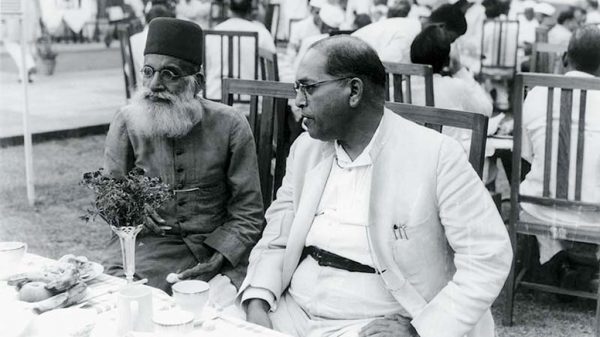
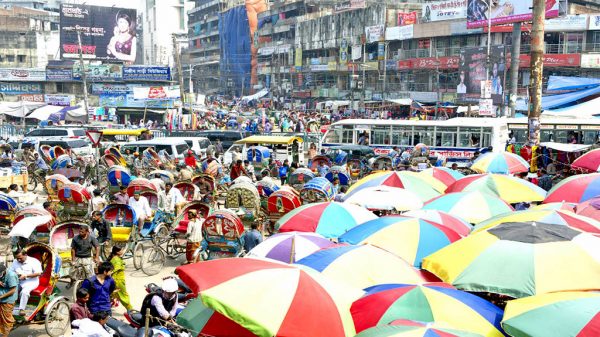
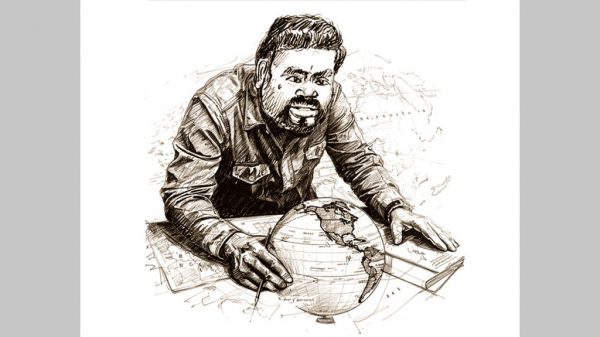
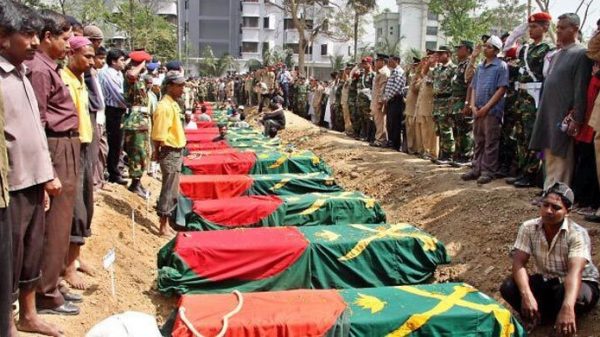
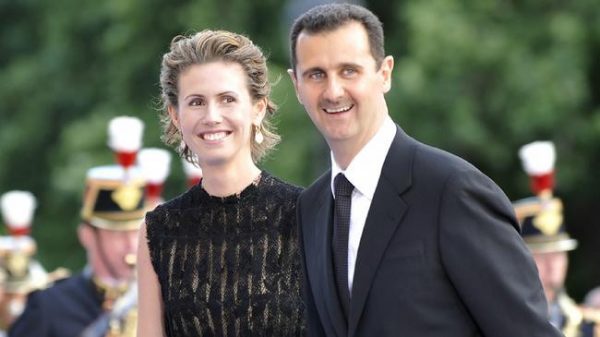
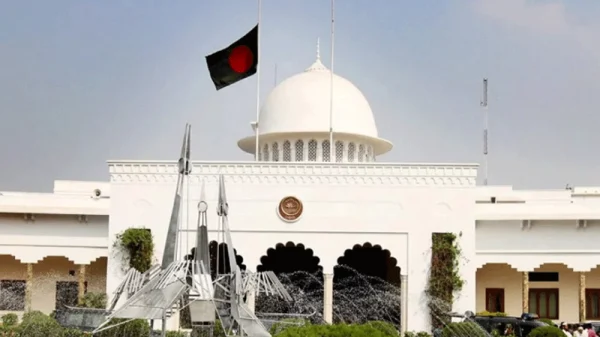
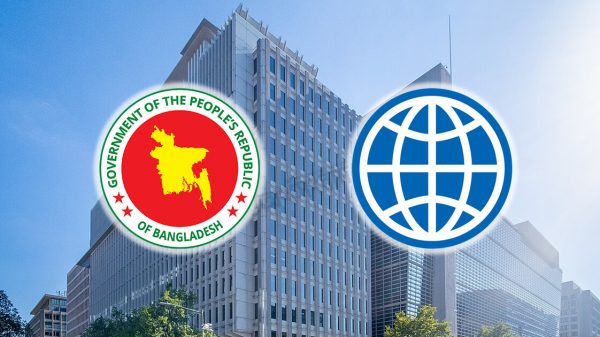

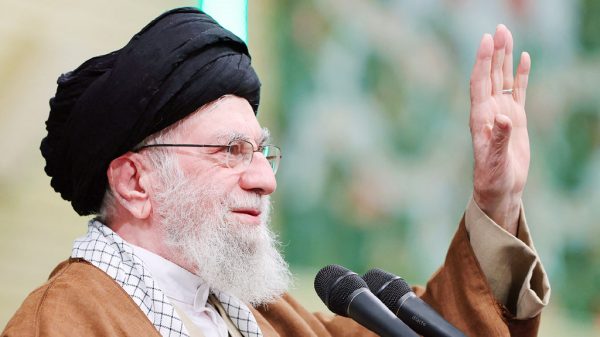


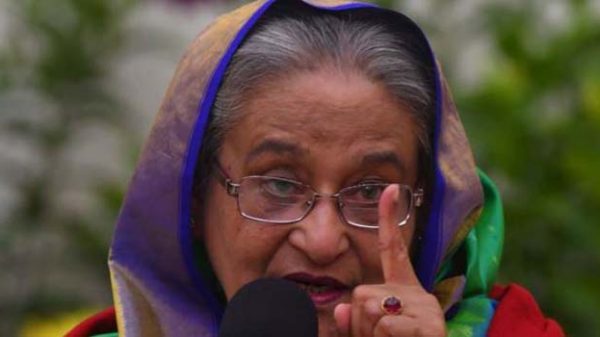
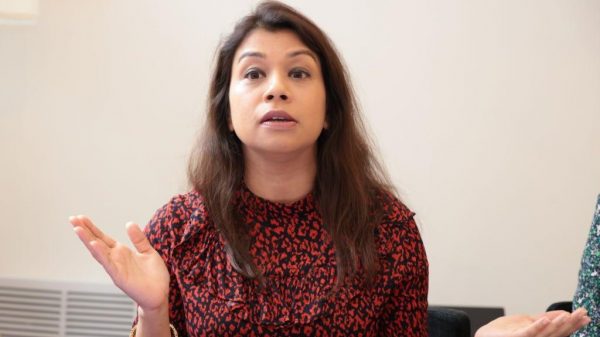











Leave a Reply